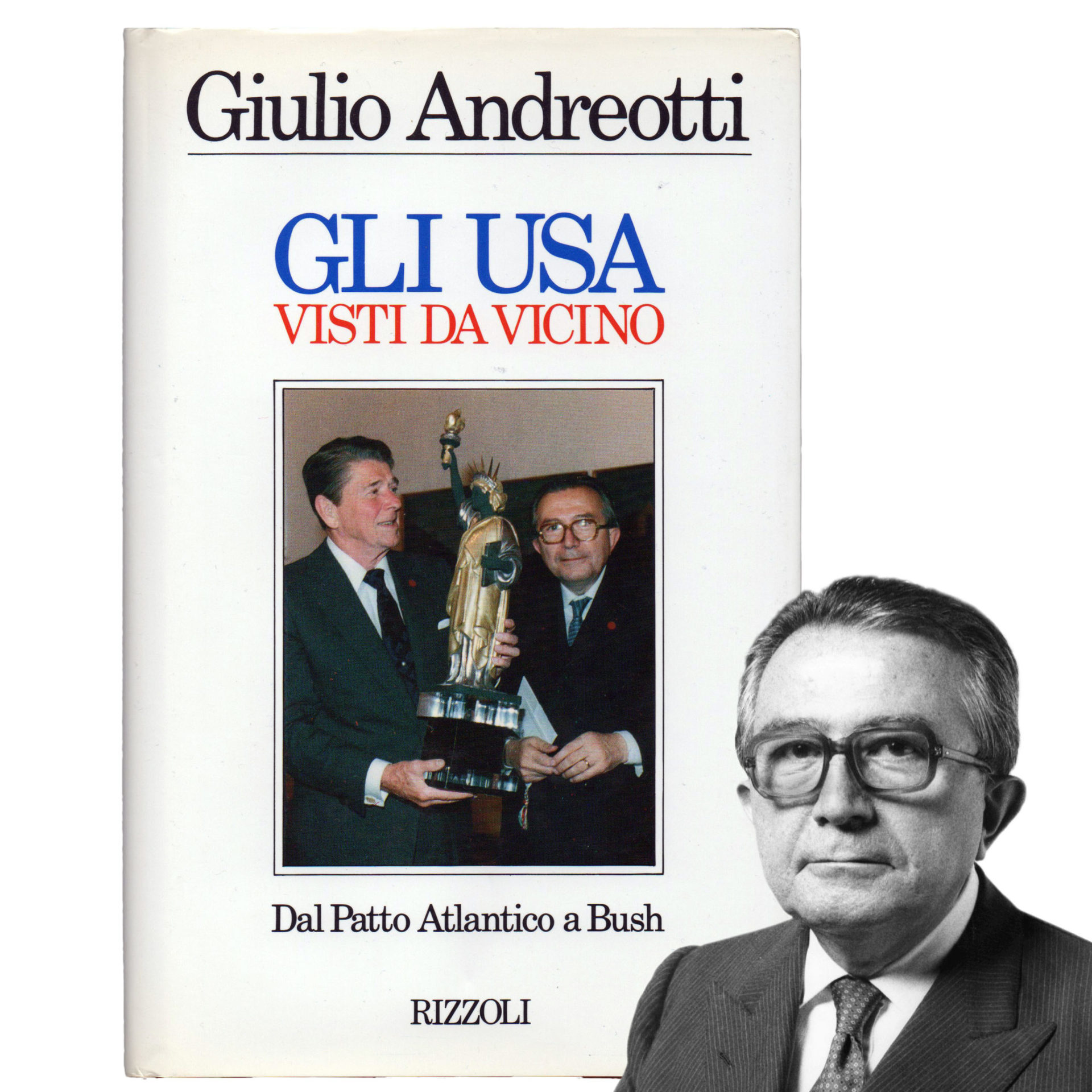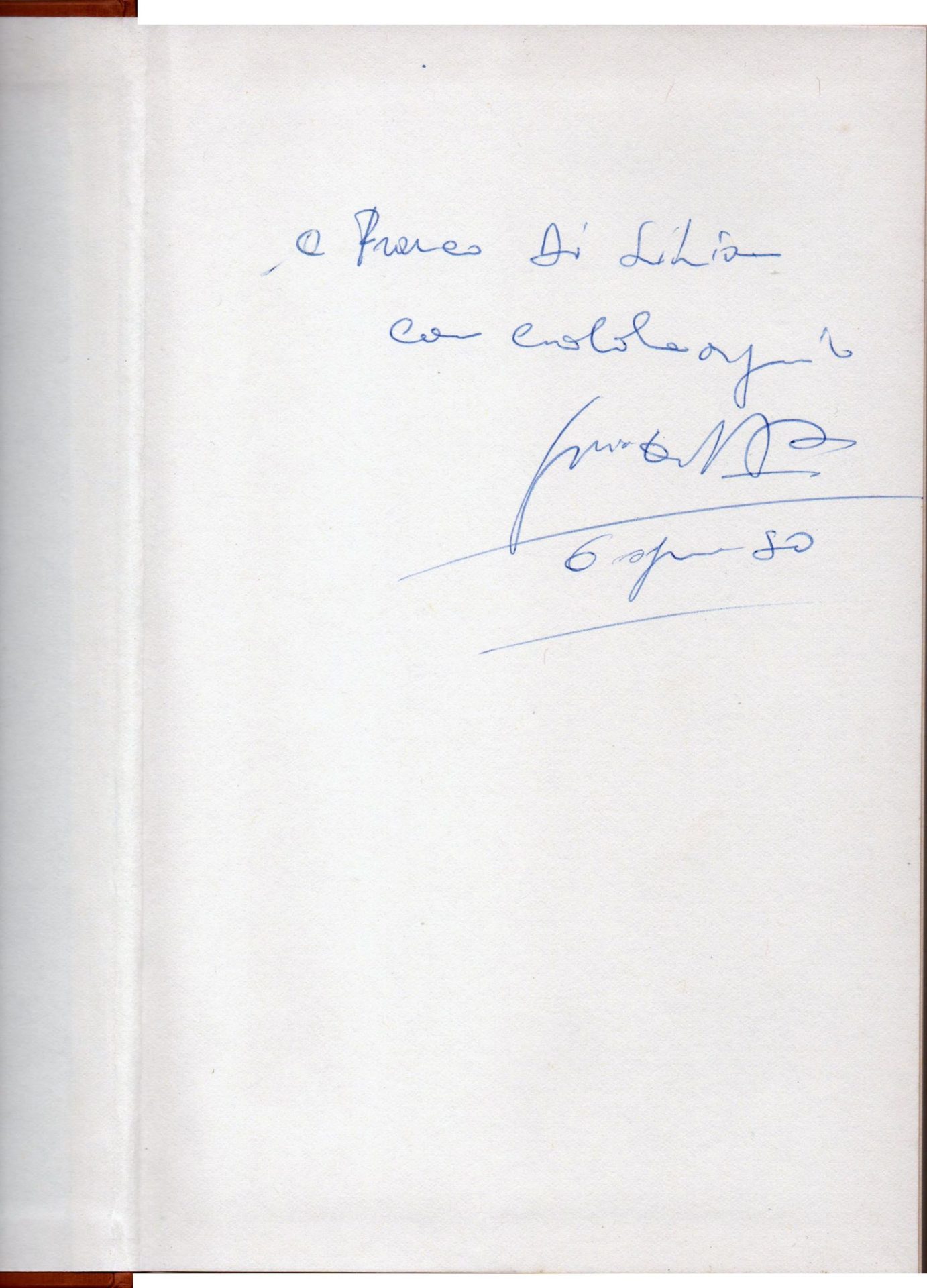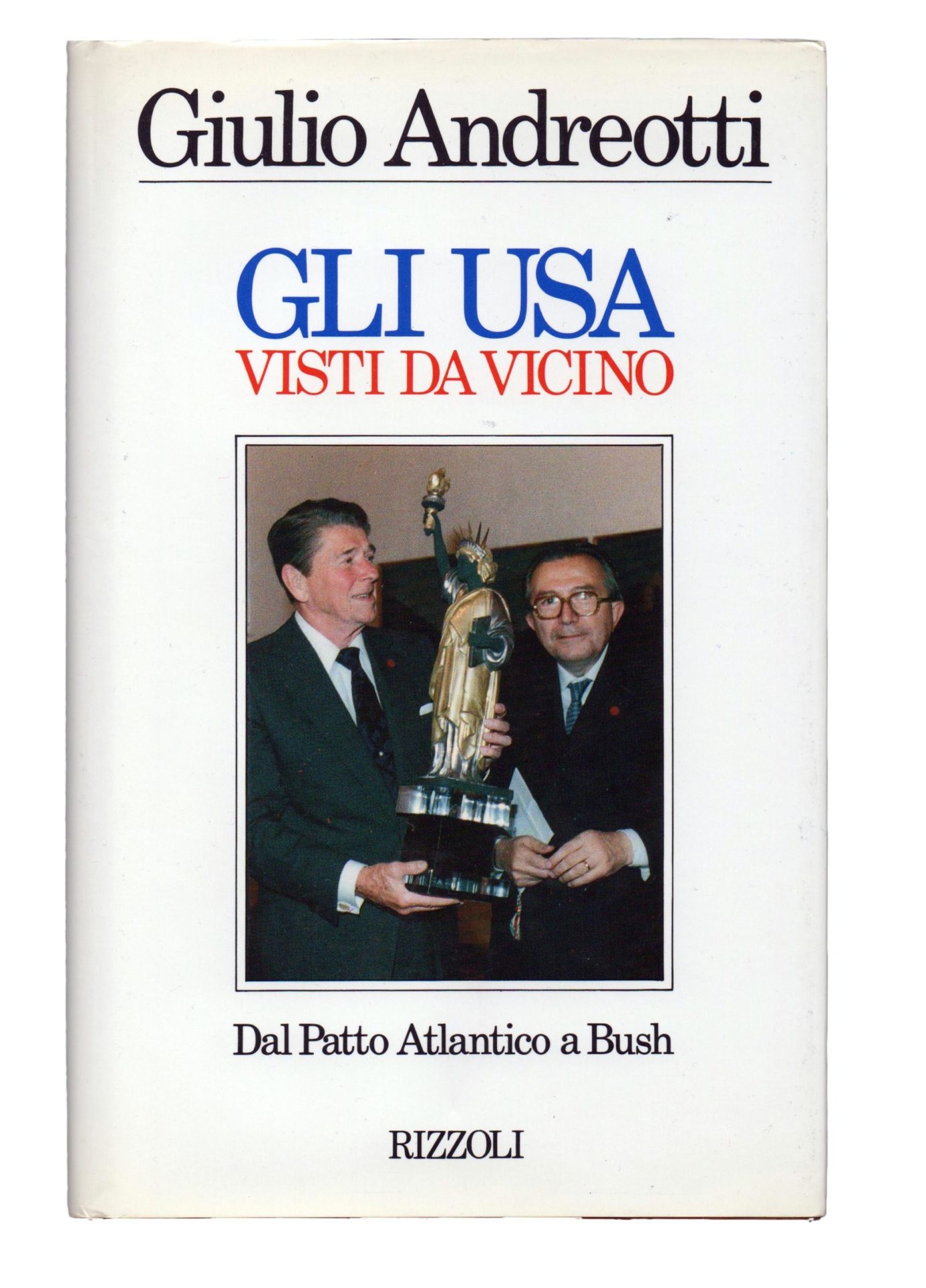Description
Giulio Andreotti (14 January 1919 – 6 May 2013) was an Italian politician and statesman who served as the 41st Prime Minister of Italy (1972–1973, 1976–79 and 1989–92) and leader of the Christian Democracy party; he was the sixth longest-serving Prime Minister since the Italian Unification and the second longest-serving post-war Prime Minister, after Silvio Berlusconi. Andreotti is widely considered the most powerful and prominent politician of the so-called First Republic. Beginning as a protégé of Alcide De Gasperi, Andreotti achieved cabinet rank at a young age and occupied all the major offices of state over the course of a forty-year political career, being seen as a reassuring figure by the civil service, business community, and Vatican. In foreign policy, he guided Italy’s European Union integration and established closer relations with the Arab world. Admirers of Andreotti saw him as having mediated political and social contradictions, enabling the transformation of a substantially rural country into the world’s fifth-biggest economy. Critics said he had done nothing to challenge a system of patronage that had led to pervasive corruption. Andreotti staunchly supported the Vatican and a capitalist structure, while opposing the Italian Communist Party. Following the popular Italian sentiment of the time, Andreotti also supported the development of a strong European community playing host to neo-liberal economics. Though Andreotti belonged to the right-wing, he was not averse to the implementation of the European Social Fund and Regional Fund in building the European economy. At the height of his statesman career, Andreotti was subjected to criminal prosecutions and charged with colluding with Cosa Nostra. Courts managed to prove that he was undoubtly linked with them until 1980, however the case was closed due past statutes of limitations. The most sensational allegation came from prosecutors in Perugia, who charged him with ordering the murder of a journalist. He was found guilty at a trial, which led to complaints that the justice system had “gone mad”. After being acquitted of all charges (actually, in part due to statute-barred limitations), Andreotti remarked, “Apart from the Punic Wars, for which I was too young, I have been blamed for everything that’s happened in Italy.” Andreotti served in numerous ministerial positions, including as Minister of the Interior (1954 and 1978), Minister of Finance (1955–58), Minister of Treasury (1958–59), Minister of Defence (1959–66 and 1974), Minister of Budget and Economic Planning (1974–76) and Minister of Foreign Affairs (1983–89) and was a Senator for life from 1991 until his death in 2013. He was also a journalist and author. Andreotti was sometimes called Divo Giulio (from Latin Divus Iulius, “Divine Julius”, an epithet of Julius Caesar after his posthumous deification).









